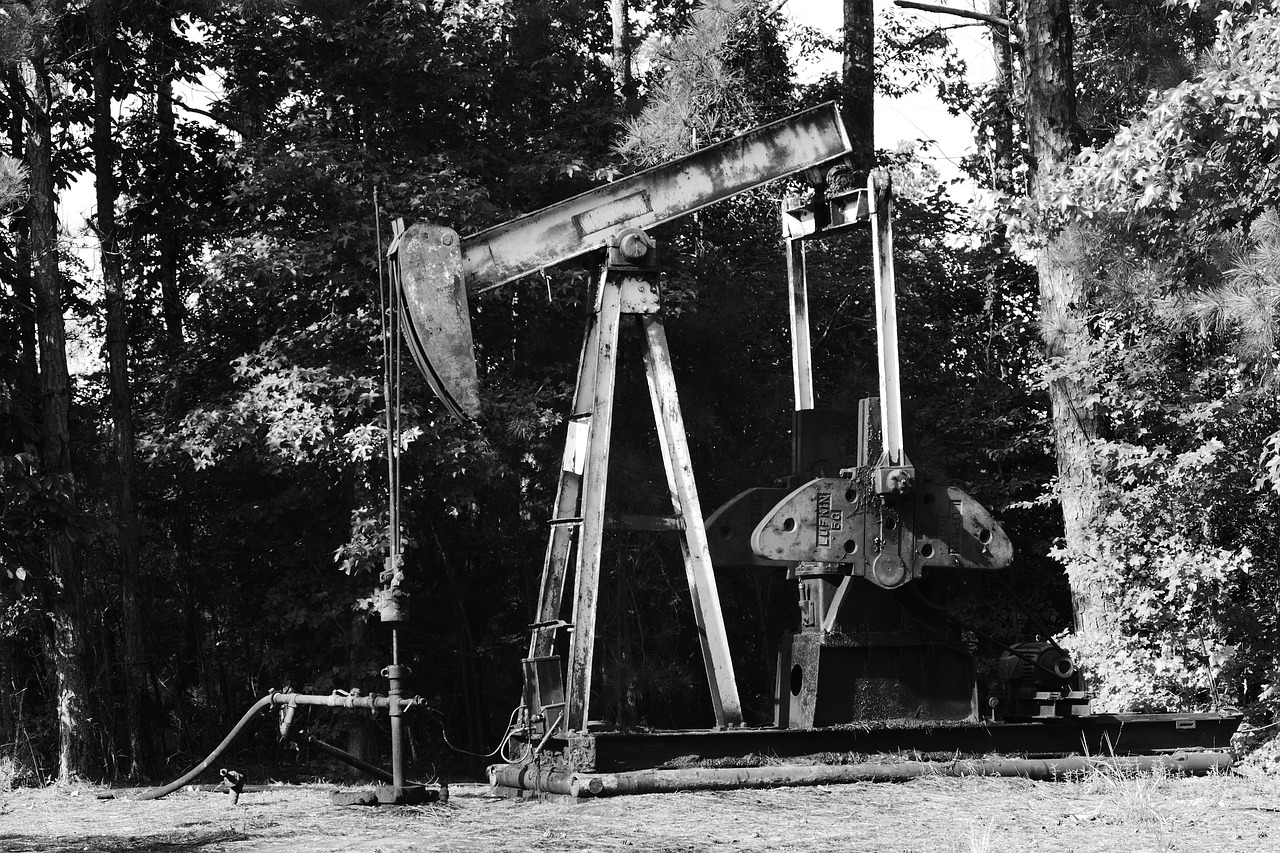
Slovakia is seeking a one-year extension to its exemption from the EU’s ban on Russian oil imports, according to two EU diplomats. The request comes as the EU is debating the bloc’s 12th sanctions package against Russia over its invasion of Ukraine. The European Commission circulated a proposal last week that included measures to tighten the oil price cap originally imposed last year by the G7.
Slovakia’s extension expires in December, but the country’s new government now wants it extended by another year. Slovakia is among the EU countries still most reliant on Russia for its energy, with 60% of its natural gas, 70% of its oil, and all of its nuclear fuel coming from Moscow. The Slovnaft refinery, owned by Hungary’s MOL, has historically used Russian crude exclusively. The company plans to invest €350 million in new technology next year to adapt to non-Russian crude. Slovakia’s push for an extension could also be linked to a reluctance by MOL to speed up any diversification of its suppliers.
Slovakia’s reliance on Russian oil in recent years can be traced back to historical ties established during the Cold War when it was a Soviet satellite state. The country’s infrastructure, including pipelines and refineries, was closely integrated with the Soviet Union. This legacy has influenced Slovakia’s energy dynamics, creating a dependence on Russian oil supplies.
During the Cold War era, Slovakia’s energy infrastructure was designed to align with Soviet interests, and this pattern continued post-independence. The existing pipeline systems and refineries were originally constructed to accommodate Russian oil imports. Over the years, despite diversification efforts, these historical connections have proven durable, contributing to Slovakia’s continued dependence on Russian oil.
Economic considerations also play a role. Russia has consistently offered competitive prices for its oil, making it an attractive option for Slovakia. Economic pragmatism and the familiarity of existing infrastructure make the continuation of these energy ties a convenient choice.
However, this dependency has posed challenges. Geopolitical tensions and Russia’s invasion of Ukraine in February 2022 impacted Slovakia’s energy security, forcing it to explore diversification, seeking alternative sources and routes to reduce reliance on Russian oil.
Efforts to enhance energy security involve projects like the Eastring pipeline, designed to connect Slovakia with non-Russian sources, offering diversification opportunities. As Slovakia actively seeks to lessen its dependence on Russian oil, these endeavors underscore the recognition of the strategic importance of energy diversification for economic resilience and national security.






